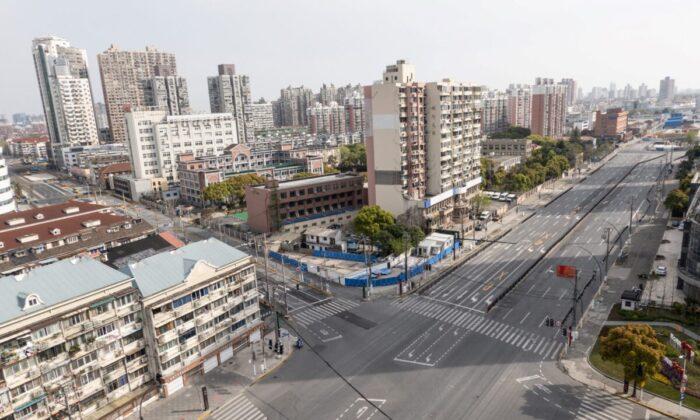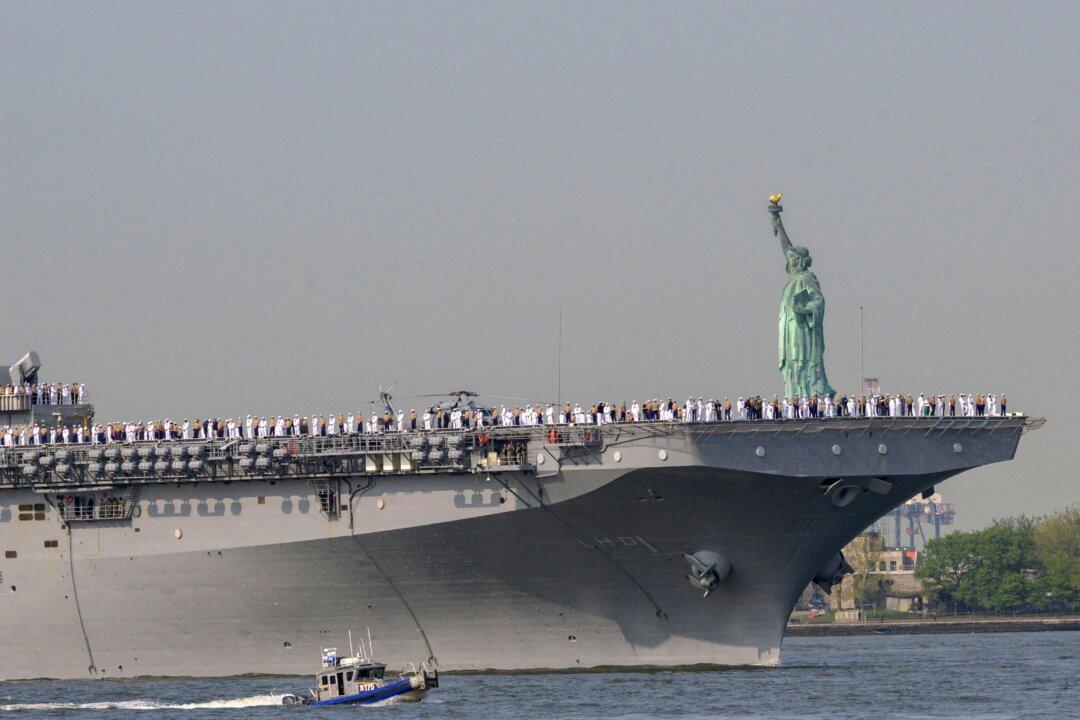China’s COVID lockdowns are grinding the country’s manufacturing to a halt and alarming global business leaders who depend on the country for parts and manufacturing.
“It is crucial that the current draconian COVID policies in China cannot be normalized,” she said. “The current strict epidemic prevention policy will make [Beijing] lose points in the future.”
The affected Apple suppliers range from iPhone and iPad assemblers “to makers of components such as displays, printed circuit boards, thermal parts, batteries, and acoustic components,” according to the Financial Times.

The problems in China sourcing this month and last will continue affecting global supply chains throughout the summer, according to multiple reports. This will decrease the supply of finished goods and increase price inflation.
The remedy, according to some, will be higher interest rates offered by the U.S. and European governments to pull money out of the private economy. That will decrease demand for goods, bringing prices down but increasing the risk of business loss, unemployment, and recession.
Raising interest rates to target inflation makes more sense when the inflation is due to government overspending and overprinting of money. It makes less sense when it’s because of supply issues. In the latter case, the remedy should be support of domestic industry, including, most importantly, where there are supply chain bottlenecks.
Suppose money is pulled out of the economy through higher interest rates offered for government debt in the context of broken supply chains. In that case, the government should put money back into the economy through targeted subsidies of domestic manufacturing that provide the missing inputs.
Kallenius said, “We work very closely with the German government” on energy independence as a “top priority.”
European and North American governments could also work closely with businesses to fix the mistake of too much offshoring and foreign sourcing. They should strategically subsidize supply chains to domesticize microchip manufacturing and decouple from China’s supply lines, in addition to sourcing energy from friends rather than adversaries.
Some have called for “reshoring,” while others add the need to establish supply line sourcing to allied nations. Europe, for example, can’t source its own hydrocarbons. The answer, to use a term minted by U.S. Treasury Secretary Janet Yellen, is “friend-shoring.”
That the Treasury Department mints more than currency during an inflationary period is a good sign for business.
But left to themselves, businesses will almost always ignore the negative externalities of their sourcing to maximize profits. Improving their sourcing from a public good perspective requires moving the goalposts through the award of subsidies to companies that provide positive externalities and the imposition of tariffs on those that cause negative externalities. An example of a negative externality is the empowering of dictators caused by sourcing from Russia and China.
Subsidies and tariffs, known jointly as “industrial policy,” used to be dirty words among economists. After China’s lockdowns, the semiconductor shortage, and the energy crisis from Russian President Vladimir Putin’s war, it should be cleaned up and made ready to rumble.





